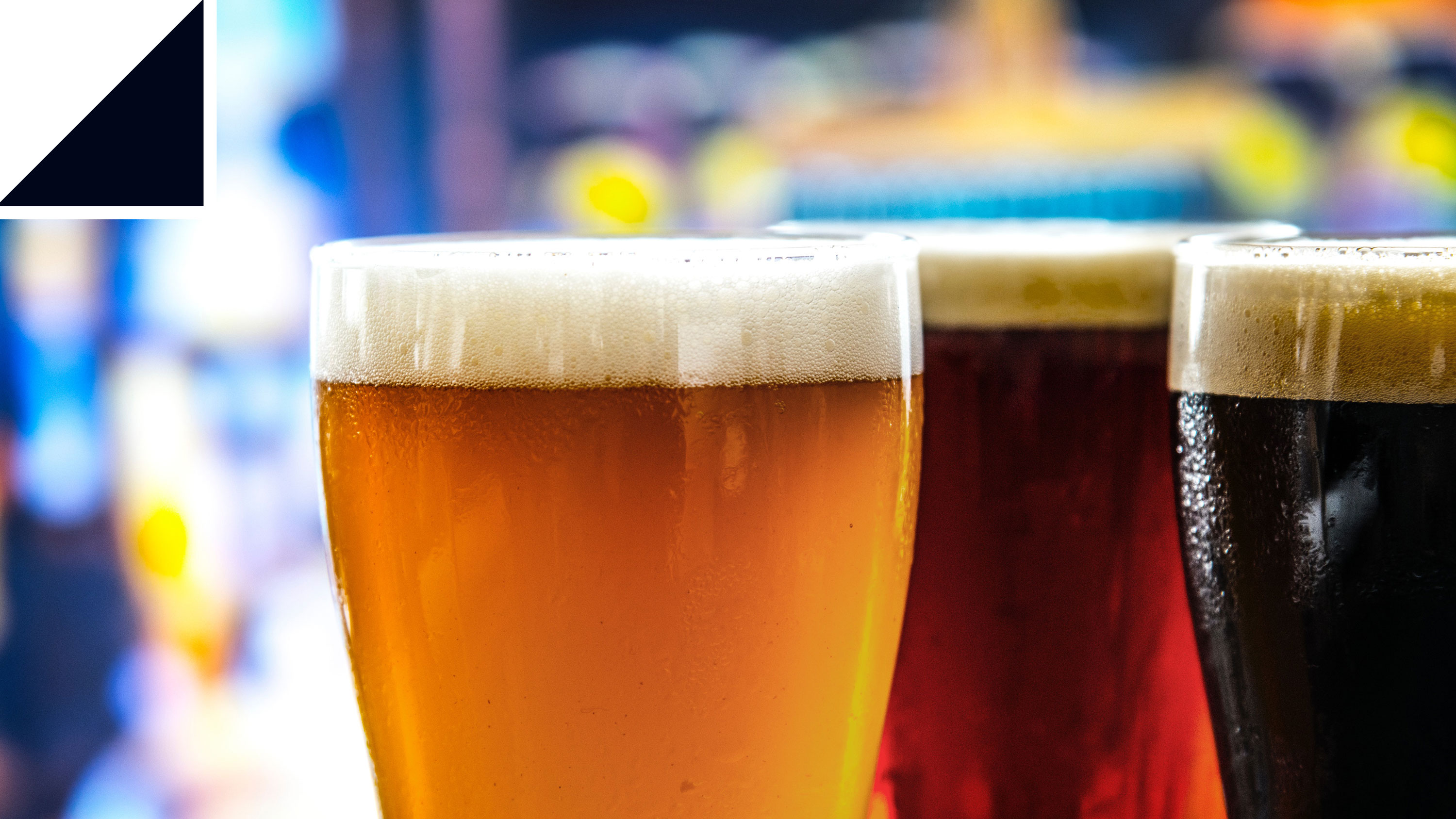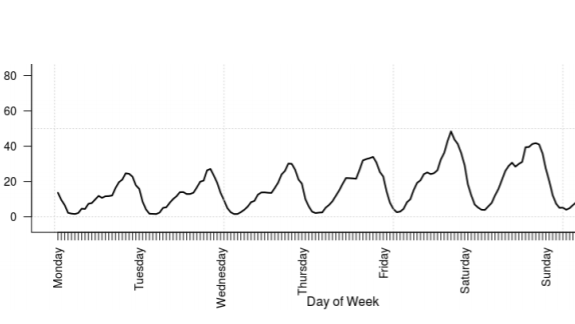How beer-related tweeting climaxed during the World Cup

Of the many social forces that influence our society, the combination of Twitter, beer, and soccer rarely gets the recognition it deserves.
All that changes today, thanks to the work of Roland Roller and colleagues at the German Research Centre for Artificial Intelligence in Berlin. These guys have used Twitter to study how interest in beer varied by country during this year’s World Cup. And the results provide reassuring comfort for anybody who may have questioned the link between alcohol and the beautiful game.
The World Cup took place in Russia between June 14 and July 15 this year. The competition involved 32 countries that all played three games, with the 16 best-performing teams going through to a knockout stage. The final was eventually won by France.

The question that Roller and co selflessly investigate is how interest in beer changes before, during, and after a game in each of the competing countries.
To find out, they collected Tweets published during the tournament that contained the beer emoji or others related to alcohol (such as sake), along with a country of origin. To find out the background rate of tweets with these emoji, they worked out how often they appear when a game isn’t being played.
The results show that Brazil and England lead the world by this measure. “On average, more than half of the BEER Tweets per day come from Brazil and England together,” point out the researchers.
That’s something of a puzzle given that Brazilians consume significantly less beer per capita than countries such as Germany, France, and England. But it’s no surprise that Saudi Arabia brings up the rear.
This ranking provides a background level against which to judge the rate of messaging during games. And the results make for interesting reading.
Roller and co say that the rate of tweeting about beer increases dramatically in most countries during the games they play. The largest increase was in Morocco, where beer-related tweets increased by over 400% during its matches. Morocco also showed the biggest decline in beer-related tweets after it was knocked out of the tournament. “Generally, the results show that from almost all countries more alcohol related Tweets can be found during the tournament,” say the team.
There are some exceptions. Some countries showed no increase—for example, Japan and Saudi Arabia. And beer-related tweets in Peru actually decreased during games, suggesting an admirable focus on the sport itself.
Roller and co say the results have implications for health, since alcohol consumption is linked to a wide range of medical conditions. “We know that increased alcohol consumption can lead to serious health issues, such as cancer, cardiovascular diseases and diseases of the digestive system, to mention a few,” they say.
So the national health of countries in which the teams were knocked out earlier must have benefited. “As many people tweet less after their national team left the tournament, we draw the conclusion that leaving the tournament early, as Germany did, is the healthiest solution—unless you are Peru,” say Roller and co, with their tongues firmly in their cheeks.
Whether or not that’s true, Roller and co end by pointing to their most significant conclusion: “Finally, we showed that Brazil tweets by far the most about beer. Cheers!” Quite!
Ref: arxiv.org/abs/1811.03809 : Football and Beer—A Social Media Analysis on Twitter in Context of the FIFA Football World Cup 2018
Deep Dive
Computing
Inside the hunt for new physics at the world’s largest particle collider
The Large Hadron Collider hasn’t seen any new particles since the discovery of the Higgs boson in 2012. Here’s what researchers are trying to do about it.
How ASML took over the chipmaking chessboard
MIT Technology Review sat down with outgoing CTO Martin van den Brink to talk about the company’s rise to dominance and the life and death of Moore’s Law.
How Wi-Fi sensing became usable tech
After a decade of obscurity, the technology is being used to track people’s movements.
Algorithms are everywhere
Three new books warn against turning into the person the algorithm thinks you are.
Stay connected
Get the latest updates from
MIT Technology Review
Discover special offers, top stories, upcoming events, and more.